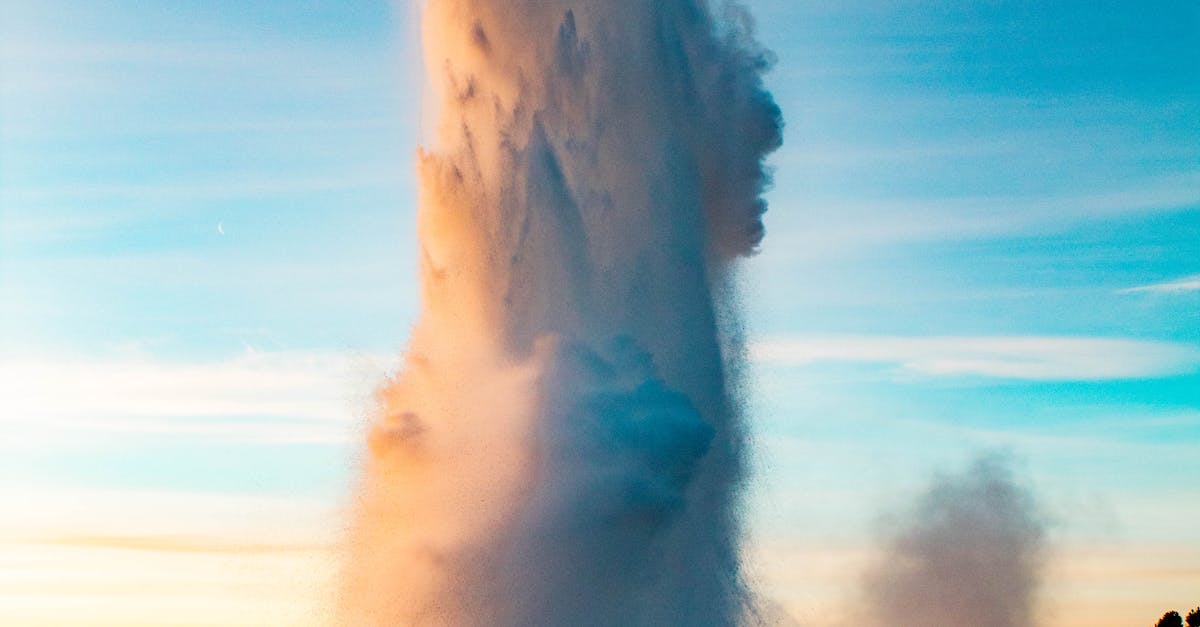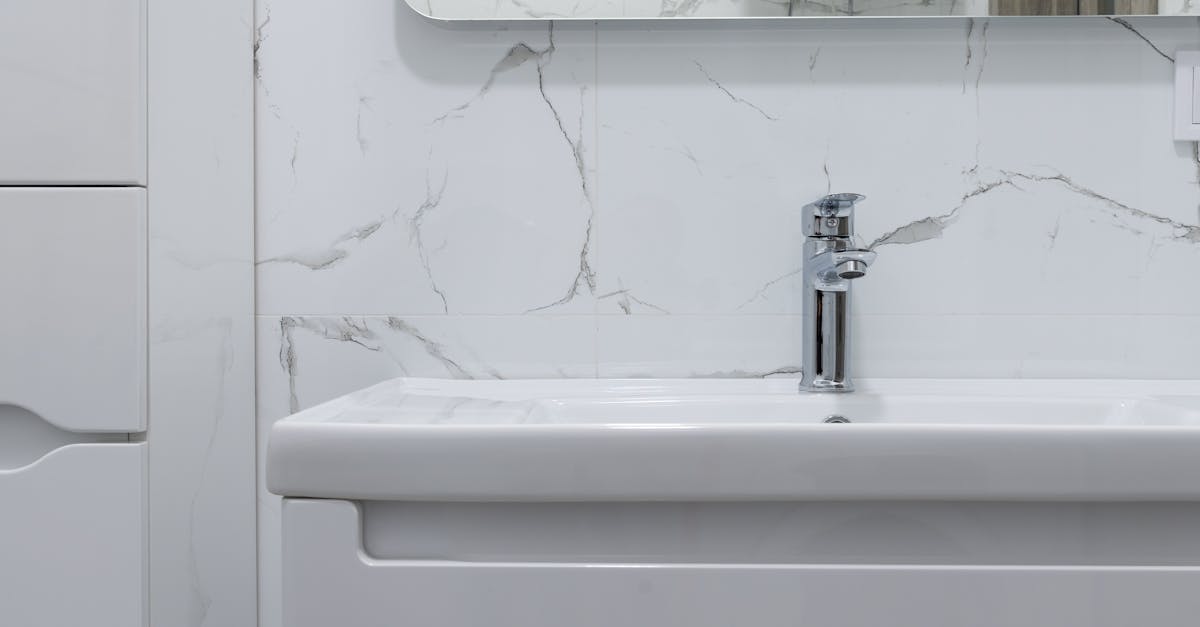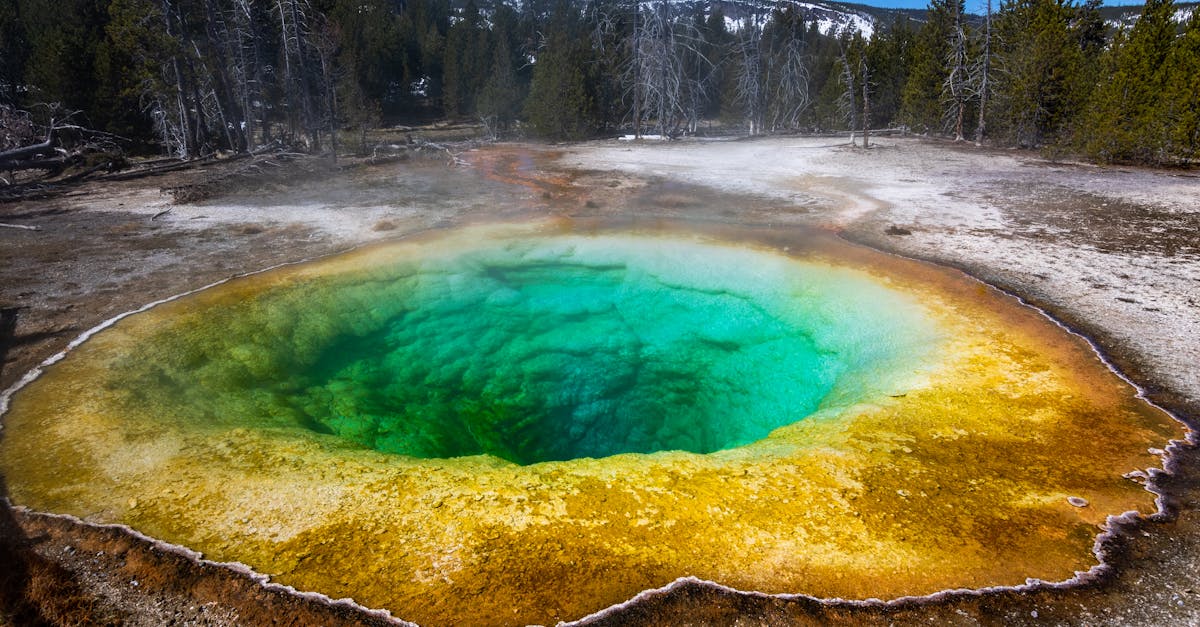
Table Of Contents
Increasing Energy Bills
If you've recently noticed a surprising increase in your energy bills, it might be a sign that your hot water heater is not functioning efficiently. A common indicator that your hot water system needs replacement is when it starts consuming more energy to heat the same amount of water. Older heaters tend to become less energy-efficient over time, causing a spike in your electricity or gas bills. Keep an eye on your energy usage patterns and if you notice a significant and unexplainable rise, it could be time to consider a Hot Water System Replacement.
Energy bills can fluctuate slightly depending on seasonal changes and usage habits, but a sudden and persistent increase is a cause for concern. Inefficient hot water heaters have to work harder to maintain desired temperatures, leading to increased energy consumption. This inefficiency not only impacts your wallet but also contributes to unnecessary energy wastage. Evaluating the correlation between your escalating energy bills and the age of your hot water heater is essential in determining whether a Hot Water System Replacement is the best solution to improve your home's energy efficiency.
Efficiency Decline
If you notice that your hot water system isn't providing the same level of warmth it used to, it could be a sign that it's time for a replacement. As hot water heaters age, their efficiency tends to decline, resulting in lukewarm water or longer wait times for hot water. This inefficiency not only affects your comfort but also leads to higher energy bills as the system works harder to meet your hot water needs. If you find yourself constantly struggling with tepid showers or lukewarm dishes, it might be worth considering a Hot Water System Replacement to restore efficient water heating in your home.
An ageing hot water system may struggle to maintain steady temperatures, leading to sudden bursts of scalding hot water or chilling cold water. This inconsistency in water temperature is not only frustrating but also a potential safety hazard, especially in households with children or the elderly. Monitoring the temperature fluctuations in your hot water supply can give you valuable insights into the condition of your system and help determine if a Hot Water System Replacement is necessary to regain control over your water heating needs.
Water Leakages
Water leakages can be a tell-tale sign that your hot water system is on its last legs. If you notice puddles or dampness around your hot water heater, it could indicate a leak in the tank. Check for any signs of water collecting beneath or near the unit. Keep a close eye for any formation of rust or corrosion as this could signal the need for a Hot Water System Replacement.
Ignoring water leakages can lead to more serious problems and potential water damage in your home. Leaks not only indicate a failing hot water heater but can also result in mould growth and further deterioration of the surrounding area. Addressing water leakages promptly by considering a Hot Water System Replacement can save you from costly repairs and inconvenience in the long run.
Puddles and Dampness
Puddles and dampness around your hot water system are clear indicators that something may be amiss. If you notice water pooling or damp areas near your hot water heater, it could be a sign of a leak. Left unaddressed, these leaks can lead to significant damage and potentially result in the need for a Hot Water System Replacement. It's crucial to address any signs of water leakage promptly to prevent further issues and avoid the inconvenience of a malfunctioning hot water system.
Dampness around your hot water heater can also signal a more serious problem lurking beneath the surface. Moist or damp areas can indicate water seepage, which not only affects the performance of your hot water system but can also lead to mould growth and structural damage. Ignoring these warning signs may result in the need for a Hot Water System Replacement sooner rather than later. It's essential to investigate any signs of dampness promptly to avoid more significant problems down the track.
Fluctuating Water Pressure
Fluctuating water pressure in your home could be a sign that your hot water system needs replacing. When you notice inconsistent water pressure coming from your taps or shower, it may indicate underlying issues with your water heater. The fluctuation in water pressure can result from mineral buildup or internal damage in the hot water system, which affects the overall functionality and performance of the unit. If left unaddressed, this issue could lead to further problems and even potential safety hazards. Hot Water System Replacement might be necessary to ensure the smooth operation of your water heating system and maintain a consistent water pressure throughout your home.
Checking for Water Pressure Drops
Checking for water pressure drops can be a key indicator that your hot water system might need to be replaced. If you notice a decrease in water pressure when using hot water, it could signal an underlying issue with the system. Inconsistent water pressure can lead to inconvenience and disruptions in your daily routine, highlighting the importance of timely Hot Water System Replacement.
To determine if your hot water system is the cause of fluctuating water pressure, consider conducting a thorough inspection. Check for any blockages or mineral build-up in the pipes that could be affecting the flow of water. Additionally, ensure that the pressure relief valve is functioning correctly, as a faulty valve can contribute to pressure inconsistencies. Prioritising these checks can help in identifying potential causes for water pressure drops and guide you towards making an informed decision regarding Hot Water System Replacement.
FAQS
How can I tell if my hot water heater needs replacing?
There are a few signs to look out for, such as increasing energy bills, a decline in efficiency, water leakages, puddles and dampness around the heater, and fluctuating water pressure.
What are some indicators of increasing energy bills with respect to hot water heaters?
If you notice a significant increase in your energy bills without a clear explanation, it could be a sign that your hot water heater is not functioning efficiently and may need replacing.
How can I identify water leakages from my hot water heater?
Look for any visible signs of water leakage around the heater or on the floor nearby. Water pooling or dripping could indicate a leak in the system that may require a replacement.
What should I do if I notice puddles and dampness around my hot water heater?
Puddles and dampness around the hot water heater are a clear indication of a possible leak or malfunction. It is advisable to seek professional help to assess the situation and determine if a replacement is necessary.
How can fluctuating water pressure be a sign that my hot water heater needs replacing?
Fluctuating water pressure, especially sudden drops in water pressure, can indicate issues with your hot water heater. To determine if the heater needs replacing, it is recommended to have a professional check the system for any underlying problems.





























